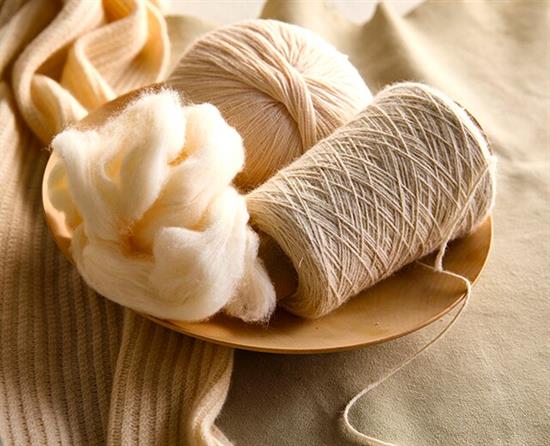Press Releases
During Fashion Week, Pingree Leads Push to Revitalize US Sustainable Fibers Industry
Washington,
September 5, 2024
As New York Fashion Week gets underway, Congressional Slow Fashion Caucus founder and chair Chellie Pingree (D-Maine) is calling attention to the critical need to promote sustainable textile production in the United States. In a letter to U.S. Department of Agriculture (USDA) Secretary Tom Vilsack, Pingree and her colleagues underscored the environmental benefits of natural fibers, and how USDA efforts can support the production and processing of plant-based fiber crops, such as cotton, hemp, and flax, and animal-based fibers such as wool, alpaca, and leather. “These materials may have a lower environmental footprint compared to synthetic fibers, which are largely derived from fossil fuels, and may also be easier to recycle and reuse,” the lawmakers wrote. “These fibers can also be grown and raised in ways that sequester carbon and provide additional environmental co-benefits. […] As global fiber production continues to increase, it is critical that we consider the impacts on the environment and enhance domestic production of sustainable fibers.” The letter, signed by Pingree, Sean Casten (D-Ill.), Jill Tokuda (D-Hawaii), Sydney Kamlager-Dove (D-Calif.), Lloyd Doggett (D-Texas), Julia Brownley (D-Calif.), Andrea Salinas (D-Ore.), and Josh Gottheimer (D-N.J.), is available here and copied below. Background: In June, Pingree, ranking member of the House Appropriations Interior and Environment Subcommittee, alongside Reps. Marie Gluesenkamp Perez (D-Wash.) and Sydney Kamlager-Dove (D-Calif.), announced the first-ever Congressional Slow Fashion Caucus to curb fast fashion pollution through climate-smart policies. The Members were joined by sustainable fashion industry leaders and stakeholders, including Patagonia, thredUP, the Garment Worker Center, and more for the launch event and press conference on Capitol Hill. The Slow Fashion Caucus has already garnered widespread support, including from the Garment Worker Center, Al Gore’s Climate Reality Project, Remake, Patagonia, thredUP, Fibershed, American Circular Textiles, fashion designer and slow fashion influencer Kelly Dempsey, and more. Last month, Pingree led a letter to President Biden urging him to include representatives from the textile and fashion industries in his new White House Task Force on Climate and Trade. Click here to learn more about the Slow Fashion Caucus. +++ Dear Secretary Vilsack, We are writing regarding the production and processing of sustainable fibers, specifically plant and animal-based fibers. As global trends have impacted the economics of producing textiles and apparel outside the U.S., and as consumer demand for more sustainably produced products has risen, there is a critical need to reshore production of American made textiles, and to ensure more sustainable textile production. The United States Department of Agriculture (USDA) plays an important role in supporting these efforts and revitalizing the sustainable fibers industry in the U.S. Supporting the production and processing of plant-based fiber crops, such as cotton, hemp, and flax, and animal-based fibers such as wool, alpaca, and leather, is key to this effort. These materials may have a lower environmental footprint compared to synthetic fibers, which are largely derived from fossil fuels, and may also be easier to recycle and reuse. These fibers can also be grown and raised in ways that sequester carbon and provide additional environmental co-benefits. According to the Textile Materials Market Report, in 2022, synthetic fibers made up approximately 65 percent of global fiber production, with polyester being the most widely used fiber. As global fiber production continues to increase, it is critical that we consider the impacts on the environment and enhance domestic production of sustainable fibers. Sustainable fiber production and processing is relevant to multiple USDA mission areas, including farm production and conservation, facilitating domestic and international marketing of U.S. agricultural products, supporting opportunity and economic security for people and communities in rural America, and providing our farmers and ranchers with opportunities to compete in the global marketplace. We request that the USDA provide the following information:
We appreciate learning more about existing support from the USDA to enhance sustainable fiber products and ask for your commitment to working with Congress to enhance the production and processing of sustainable fibers. Sincerely, ### |


